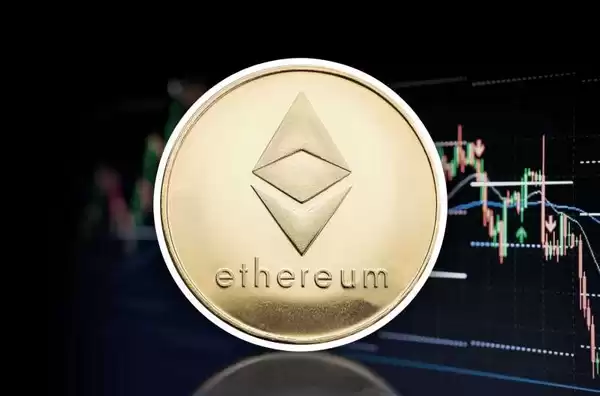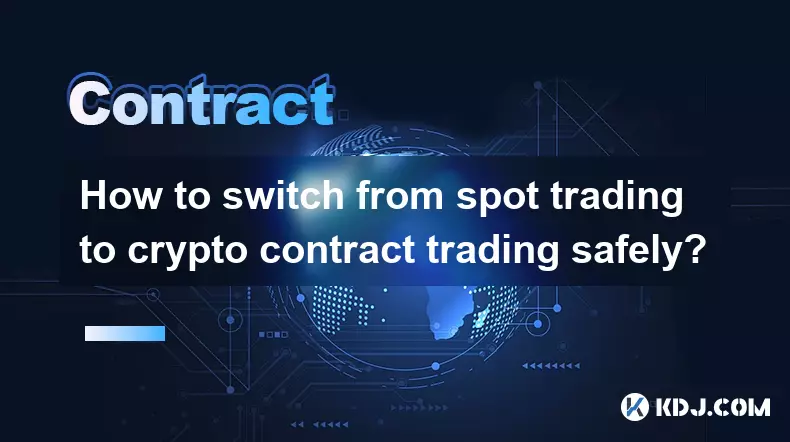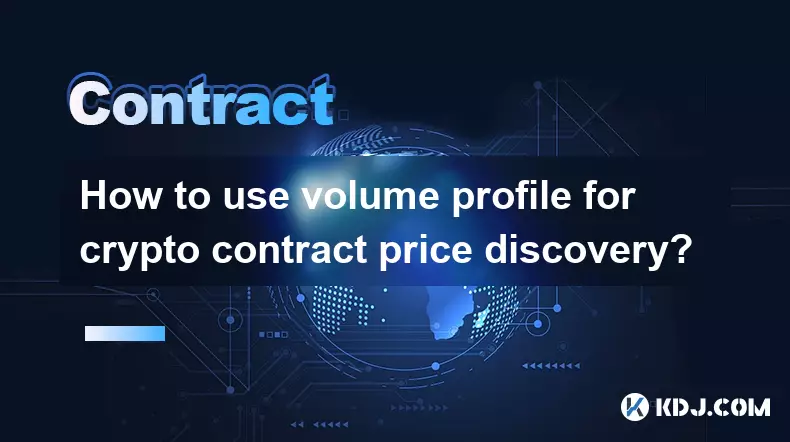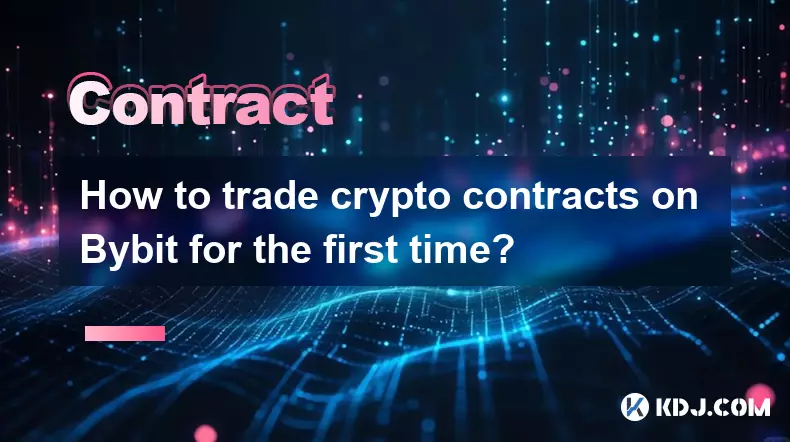-
 bitcoin
bitcoin $87959.907984 USD
1.34% -
 ethereum
ethereum $2920.497338 USD
3.04% -
 tether
tether $0.999775 USD
0.00% -
 xrp
xrp $2.237324 USD
8.12% -
 bnb
bnb $860.243768 USD
0.90% -
 solana
solana $138.089498 USD
5.43% -
 usd-coin
usd-coin $0.999807 USD
0.01% -
 tron
tron $0.272801 USD
-1.53% -
 dogecoin
dogecoin $0.150904 USD
2.96% -
 cardano
cardano $0.421635 USD
1.97% -
 hyperliquid
hyperliquid $32.152445 USD
2.23% -
 bitcoin-cash
bitcoin-cash $533.301069 USD
-1.94% -
 chainlink
chainlink $12.953417 USD
2.68% -
 unus-sed-leo
unus-sed-leo $9.535951 USD
0.73% -
 zcash
zcash $521.483386 USD
-2.87%
What is eth smart contract
Ethereum smart contracts autonomously execute predetermined agreements through immutable code, fostering transparency, security, and trustless interactions among parties.
Nov 09, 2024 at 06:12 am

What is an ETH Smart Contract?
IntroductionAn Ethereum smart contract is a self-executing contract with the terms of the agreement directly written into lines of code. The code and the agreements contained therein exist across a distributed, decentralized blockchain network. The code controls the execution, and transactions are trackable and irreversible.
Key Features of ETH Smart Contracts- Autonomy: Smart contracts automatically execute pre-defined conditions without human intervention, ensuring impartiality and efficiency.
- Transparency: All transactions and data stored on the blockchain are publicly accessible, fostering trust and accountability.
- Security: The decentralized nature of the blockchain network safeguards smart contracts from manipulation or fraud.
- Immutability: Once deployed, smart contracts become immutable, preventing unauthorized alterations or tampering.
- Trustless: Smart contracts eliminate the need for intermediaries, fostering trust between parties who may not know or trust each other.
- Creation: A developer writes the smart contract code in a language like Solidity and deploys it on the Ethereum blockchain.
- Storage: The smart contract code and data are stored on the blockchain, accessible to all participants.
- Execution: When pre-defined conditions are met, the smart contract automatically executes its terms, triggering specific actions.
- Verification: Participants can verify the execution of smart contracts by reviewing the blockchain ledger.
- Irreversibility: Once executed, transactions processed through smart contracts are irreversible, ensuring the integrity of agreements.
- Cost Reduction: Automating contract execution eliminates intermediaries, reducing transaction costs and fees.
- Time Efficiency: Smart contracts execute instantly upon meeting conditions, significantly improving processing time.
- Increased Security: The distributed and encrypted nature of blockchain networks safeguards smart contracts from unauthorized access and fraud.
- Enhanced Transparency: Public access to blockchain data fosters trust and accountability in transactions.
- Improved Compliance: Smart contracts can automate regulatory compliance processes, ensuring adherence to industry standards.
Smart contracts have versatile applications across industries:
- Financial Services: Automating transactions, streamlining lending and borrowing processes, and enabling secure asset management.
- Supply Chain Management: Tracking the movement of goods, ensuring transparency and provenance, and automating payments.
- Healthcare: Managing patient records, automating insurance claims processing, and facilitating secure data sharing.
- Real Estate: Automating property transfers, streamlining rental agreements, and enabling fractional ownership.
- Voting Systems: Facilitating secure and transparent elections, eliminating fraud, and enhancing voter participation.
Disclaimer:info@kdj.com
The information provided is not trading advice. kdj.com does not assume any responsibility for any investments made based on the information provided in this article. Cryptocurrencies are highly volatile and it is highly recommended that you invest with caution after thorough research!
If you believe that the content used on this website infringes your copyright, please contact us immediately (info@kdj.com) and we will delete it promptly.
- Beyond the Forecast: Is Carol Kirkwood's Departure a Whisper of BBC's Lingering 'Token Woman' Problem?
- 2026-02-01 16:25:01
- Bitcoin Plunges Amidst Liquidity Worries: A Record Low for Crypto Sentiment?
- 2026-02-01 16:25:01
- Pi Network's Mainnet: A Crypto Milestone Unveils a Complex Market Picture
- 2026-02-01 16:20:02
- Top Watch: Emerging Cryptocurrencies Charting New Territories in 2026
- 2026-02-01 16:15:01
- Wall Street Whales, DeFi Dynamos, and the Cross-Asset Surge: Decoding BTC, ETH, and Hyperliquid's Latest Plays
- 2026-02-01 13:00:02
- Dogecoin's Identity Crisis: From Meme Darling to Digital Identity Quandary
- 2026-02-01 16:15:01
Related knowledge

How to understand the impact of Bitcoin ETFs on crypto contracts?
Feb 01,2026 at 04:19pm
Bitcoin ETFs and Market Liquidity1. Bitcoin ETFs introduce institutional capital directly into the spot market, increasing order book depth and reduci...

How to trade DeFi contracts during the current liquidity surge?
Feb 01,2026 at 07:00am
Understanding Liquidity Dynamics in DeFi Protocols1. Liquidity surges in DeFi are often triggered by coordinated capital inflows from yield farming in...

How to trade micro-cap crypto contracts with high growth potential?
Feb 01,2026 at 02:20pm
Understanding Micro-Cap Crypto Contracts1. Micro-cap crypto contracts refer to derivative instruments tied to tokens with market capitalizations under...

How to switch from spot trading to crypto contract trading safely?
Feb 01,2026 at 03:59pm
Understanding the Core Differences Between Spot and Contract Trading1. Spot trading involves the immediate exchange of cryptocurrencies for fiat or ot...

How to use volume profile for crypto contract price discovery?
Feb 01,2026 at 09:39am
Understanding Volume Profile Basics1. Volume profile is a visual representation of trading activity at specific price levels over a defined time perio...

How to trade crypto contracts on Bybit for the first time?
Feb 01,2026 at 04:00am
Setting Up Your Bybit Account1. Visit the official Bybit website and click the 'Sign Up' button located at the top right corner of the homepage. 2. En...

How to understand the impact of Bitcoin ETFs on crypto contracts?
Feb 01,2026 at 04:19pm
Bitcoin ETFs and Market Liquidity1. Bitcoin ETFs introduce institutional capital directly into the spot market, increasing order book depth and reduci...

How to trade DeFi contracts during the current liquidity surge?
Feb 01,2026 at 07:00am
Understanding Liquidity Dynamics in DeFi Protocols1. Liquidity surges in DeFi are often triggered by coordinated capital inflows from yield farming in...

How to trade micro-cap crypto contracts with high growth potential?
Feb 01,2026 at 02:20pm
Understanding Micro-Cap Crypto Contracts1. Micro-cap crypto contracts refer to derivative instruments tied to tokens with market capitalizations under...

How to switch from spot trading to crypto contract trading safely?
Feb 01,2026 at 03:59pm
Understanding the Core Differences Between Spot and Contract Trading1. Spot trading involves the immediate exchange of cryptocurrencies for fiat or ot...

How to use volume profile for crypto contract price discovery?
Feb 01,2026 at 09:39am
Understanding Volume Profile Basics1. Volume profile is a visual representation of trading activity at specific price levels over a defined time perio...

How to trade crypto contracts on Bybit for the first time?
Feb 01,2026 at 04:00am
Setting Up Your Bybit Account1. Visit the official Bybit website and click the 'Sign Up' button located at the top right corner of the homepage. 2. En...
See all articles
























![[Audio stories] Streamer Became a Billionaire Overnight After Buying One Junk Coin [Audio stories] Streamer Became a Billionaire Overnight After Buying One Junk Coin](/uploads/2026/02/01/cryptocurrencies-news/videos/origin_697eaa9a495ed_image_500_375.webp)

















































